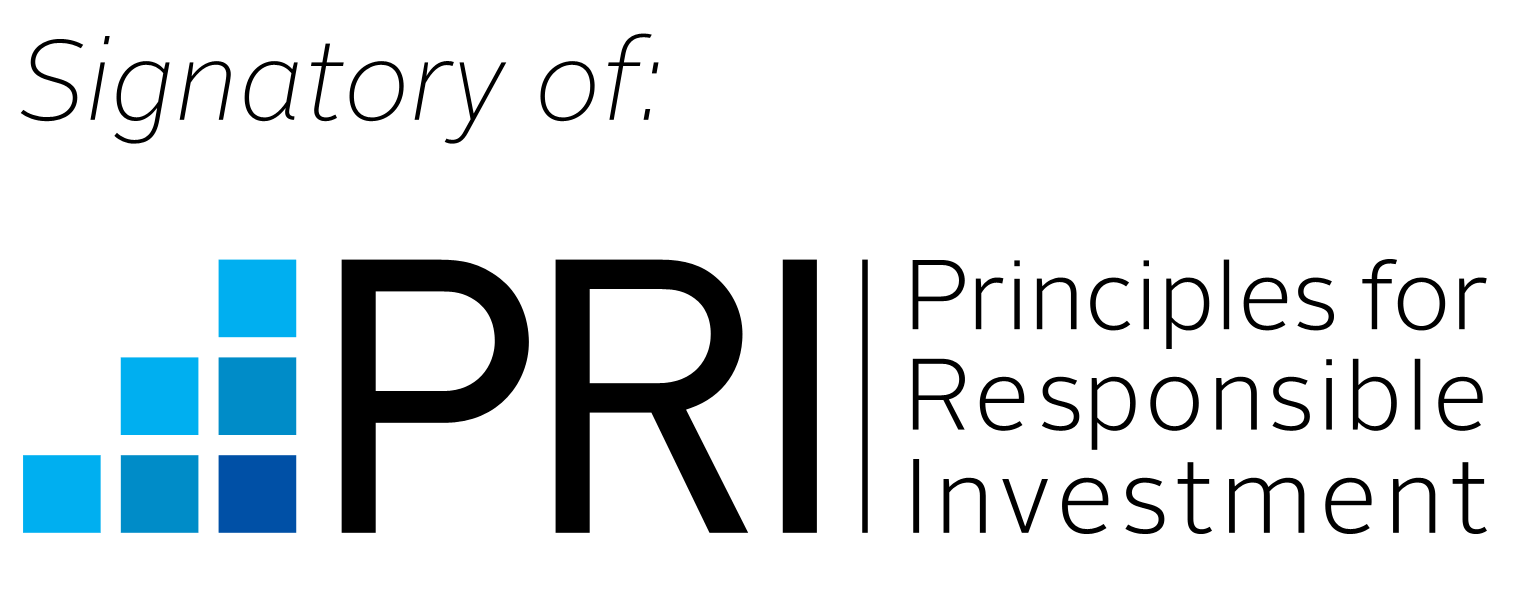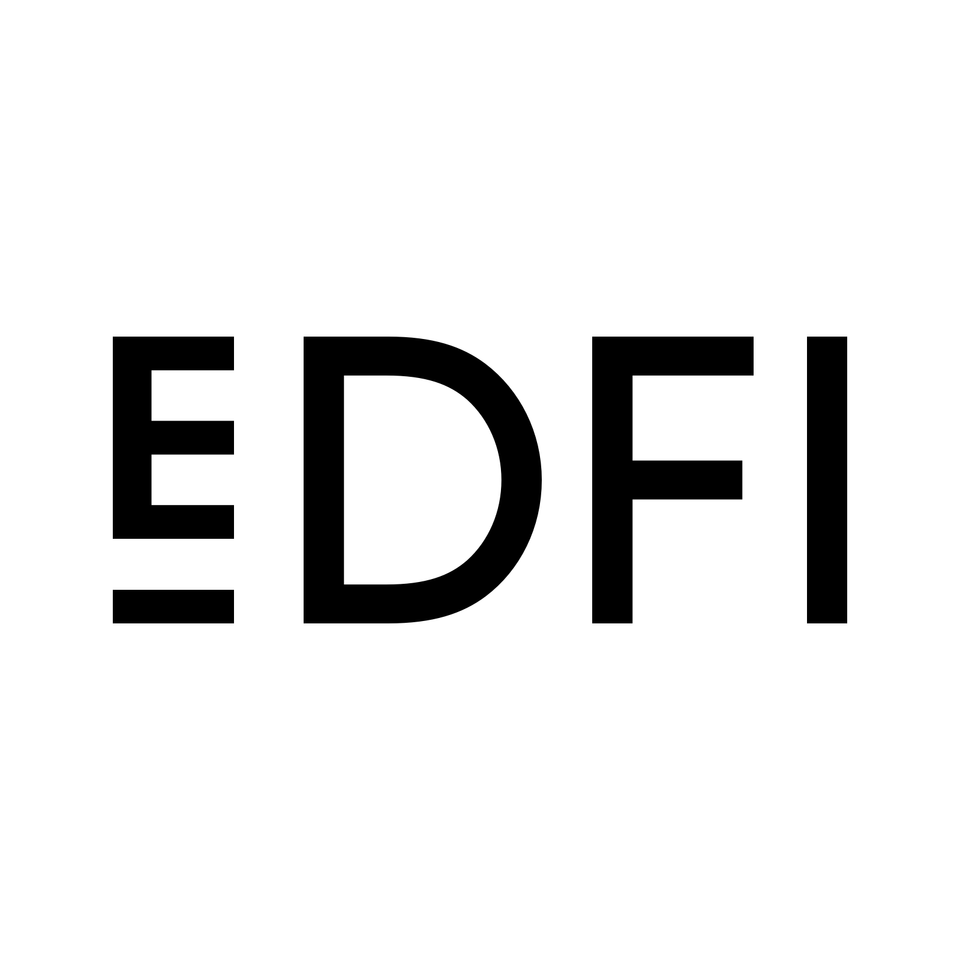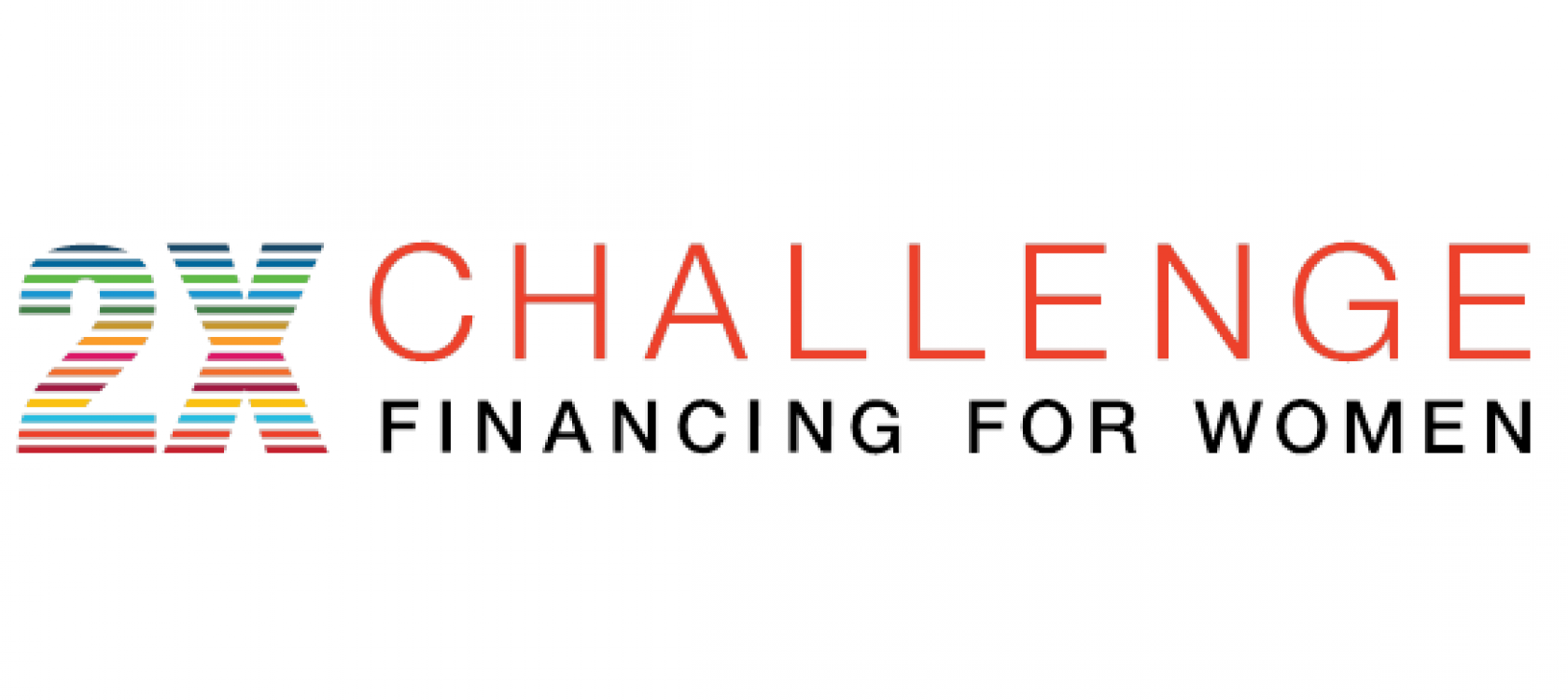Responsible business
We engage in several initiatives focused on developing a common approach to E&S and impact, resulting in more responsible business practices across the industry.
UN Principles for Responsible Investment

More than 2,000 organizations, representing over US$80 trillion in assets, have signed the PRI. This initiative aims to develop a sustainable global financial system by defining responsible investment as a strategy and to incorporate ESG factors into investment and ownership decisions.
As a signatory, FMO has applied PRI’s six principles since 2011. This entailed incorporating ESG into investment practices (Principle 1 and 2), disclosing on ESG issues (Principle 3), supporting acceptance and effective implementation of the principles (Principle 4 and 5), and reporting on progress (Principle 6). Our performance significantly improved across the years and for two consecutive years, in 2019 and 2020, we received the highest score (A+) across the board. Our transparency report is available on the PRI website.
EDFI Harmonization

EDFI, the association of European Development Finance Institutions, launched the Harmonization Initiative on Responsible Financing and Impact Measurement in 2019. This is a multi-year program to harmonize approaches to economic and social impact and share E&S best practices. By making the SDG contributions of our customers measurable and comparable across the industry, we can be held accountable for progress and communicate it more clearly to our stakeholders. EDFI’s harmonization focuses on key priority topics: jobs (SDG 8), climate action (SDG 13), gender equality (SDG 5), reduced inequality (SDG 10), and partnerships (SDG 17).
In 2020, FMO was involved in the following harmonization activities:
SDG 8: Together with Steward Redqueen and other partners, FMO launched the harmonized Joint Impact Model (JIM) in 2020, an input-output model that estimates indirect jobs and GHG emissions through financed projects. The first results were reported in FMO’s 2020 interim report. The year end results are provided in the Performance on our strategy chapter. A more detailed description of the JIM is available on FMO’s website.
SDG 8: EDFI also initiated a harmonization effort around how to measure quality of jobs (e.g. decent jobs, living wages).
SDG 13: EDFI published a Joint Statement on Climate and Energy Finance. This lays out a common ambition to reduce GHG emissions without compromising development impact. Through this statement, EDFIs commit to: align all new financing with the objectives of the Paris Agreement by 2022 and transition to net-zero GHG emissions by 2050; prohibit new coal & fuel oil financing and limit other fossil fuel financing to Paris-aligned projects until general exclusion in 2030; set ambitious targets on climate finance and mobilization; assist customers in climate adaptation and the transition to a low-carbon economy; embed climate action and climate risk management; report on climate-related financial risk and adopt the recommendations of the TCFD.
2X Challenge

In 2019, FMO joined the 2X Challenge, which was launched in 2018 by DFIs from the G7 countries. The initiative allows for setting financial ambitions among DFIs and collaboration with various stakeholders towards female empowerment. It is also a step towards standardizing reporting on gender investments in emerging markets. Since joining, FMO has actively engaged with investors and customers on the topic of gender equality.
The 2X Challenge criteria and metrics have been harmonized with Global Impact Investing Network’s IRIS+ system and are in the process of being aligned with Harmonized Indicators for Private Sector Operations. The 2X Challenge is expanding and has set an ambitious target of mobilizing US$15 billion of capital towards female empowerment by 2022.